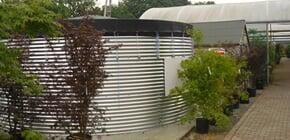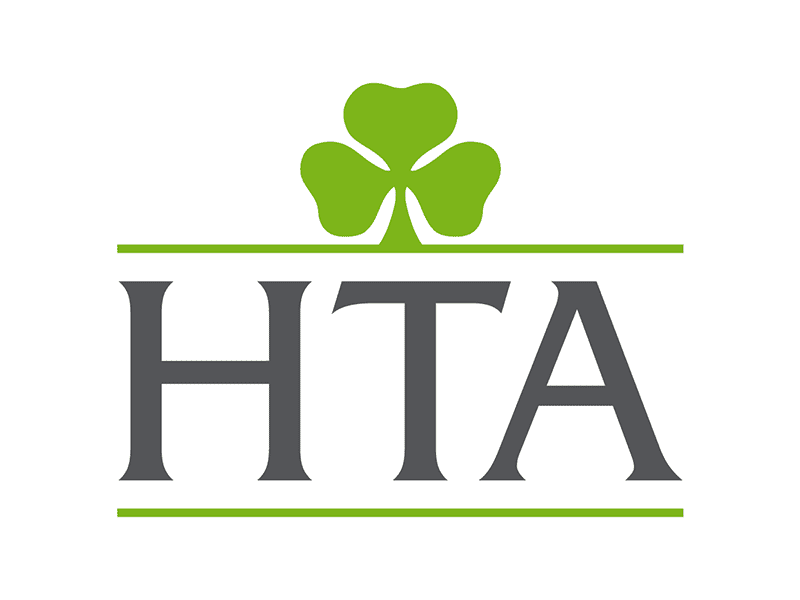
Rainwater Harvesting
These innovative harvesting systems will help conserve increasingly scarce water resources efficiently, responsibly and intelligently. Clearly the benefits can be realised for the environment and for us all.
We use the very best of engineering principles together with professional, high quality tested products to ensure your investment in our system will give you a cost effective water efficiency system with reliability to last, and of course a beautifully sustained garden.
The process of rainwater harvesting typically involves the following steps:
The process of rainwater harvesting typically involves the following steps:
- Collection: Rainwater is collected from rooftops, pavements, or other surfaces where rain falls. The most common method is to capture rainwater from roofs by using gutters and downspouts.
- Filtration: The collected rainwater may be filtered to remove debris, leaves, and other contaminants. This can be done through simple mesh filters or more advanced filtration systems depending on the intended use of the harvested water.
- Storage: Filtered rainwater is then stored in tanks, cisterns, or underground reservoirs. These storage systems can vary in size and capacity depending on the amount of rainfall and the anticipated water demand.
- Treatment (optional): Depending on the intended use, harvested rainwater may require additional treatment.
- Distribution and use: The stored and, if necessary, treated rainwater can be used for various purposes.
We can evaluate the average rain water in your area, work out the size of your roof area and recommend a tank and installation especially to suit you and your garden's needs.







